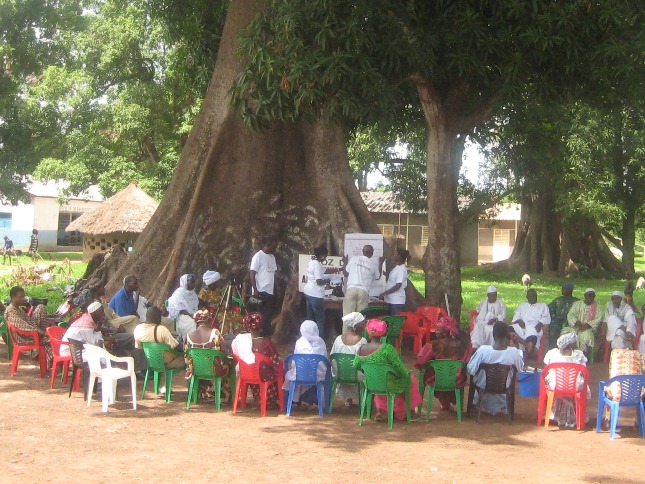Bringing peace back in: A joint statement by civil society
28 septembre, 2012
Est. Reading: 1 minute

Crédits photo : Voz di Paz
Supporting change in conflict-affected and fragile states is now the central challenge in international development.
Given the need to link conflict prevention and peacebuilding with development in conflict-affected areas – and to prevent violent conflict in all societies – the endorsing organizations jointly urge UN member states, the High-Level Panel, System Task Team on the Post-2015 UN Development Agenda and all other stakeholders involved to include conflict prevention and peacebuilding commitments in the post-2015 development framework.
To do so the post-2015 framework should:
- Include commitments to address key drivers of conflict – not only its symptoms
- Go beyond including a single ‘peace’ goal defined solely in terms of the absence of violence
- Build on the framework for addressing drivers of conflict articulated in the Peacebuilding and Statebuilding Goals (PSGs) and other credible peacebuilding frameworks
- Define peace and development as best upheld by states that are inclusive, responsive, fair and accountable to all their people
- Include commitments to address regional and global factors that fuel conflict
- Ensure the indicators used to measure progress are disaggregated, so that unequal levels of progress between different social groups can be recognised and tackled
- Draw on the indicators being developed under the International Dialogue on Peacebuilding and Statebuilding (IDPS) for establishing post-2015 indicators
- Be based on a consultation process that actively includes people and civil society from conflict-affected states and seeks out robust evidence of how to address drivers of conflict
- Avoid making commitments to peace optional -establish global commitments to pursue
sustainable peace
